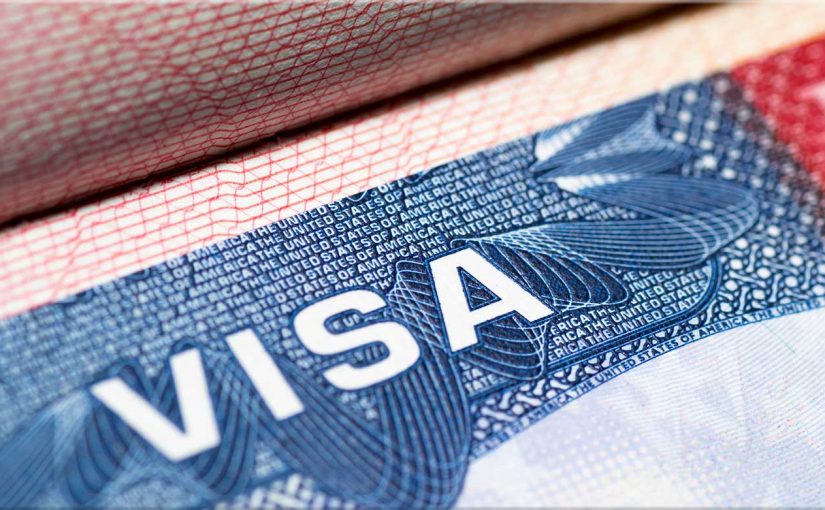
Interviewer: What does DACA mean?
Jeanne Morales: DACA stands for Deferred Action for Childhood Arrivals and the “deferred action” they’re talking about is that the people in immigration, the Border Patrol and the ICE officers and the prosecutors who work for immigration court, will defer taking any action against you, even though they know you’re in the United States illegally.
Eligibility for DACA Relief through the Immigration Department
Interviewer: Who is eligible for DACA relief?
Jeanne Morales: The concept was to create a situation for people whose status is undocumented but through no fault of their own. They were brought here by their parents or by some adult at an age when they could not make decisions for themselves.
One of the initial requirements is that they had to have been brought to the United States before reaching their 16th birthday. Quite frankly many of our clients don’t remember their home country at all. They were brought here at such a young age and they literally have grown up in the United States. But one of the requirements or guidelines is that they have to have been in the United States or brought here prior to turning 16.
History behind DACA and the Future of the DREAM Act
Interviewer: So when did the DACA start? When was it passed? Was it passed recently or has it been here for a while?
Jeanne Morales: No, it’s fairly recent. Going back this mission of DACA it really hasn’t been passed. It’s not really a law; it’s a presidential decree. A little bit of history; this subgroup of undocumented individuals has been identified by legislators before, and in prior congresses there was something called the Dream Act and the letters of the word “Dream” stood for something, but it escapes me at this moment. And the Dream Act was supposed to basically do what DACA has done, but it was being looked at to be passed by Congress and become a law.
For whatever reason, the Dream Act has not yet passed. It’s one fragment of the entire immigration picture. When Congress or political people look at immigration, some are more in favor of doing something comprehensive. We want one bill that covers every aspect of immigration and deals with the problem, everything from defense to what we do if people are already here. When people didn’t voted for the Dream Act that’s why; because they wanted to deal with it all, including defense and enforcement procedures before they start handing out benefits like legalization through the Dream Act. That’s part of the reason why it didn’t get passed.
President Obama has the ability somewhat to act via presidential decree. He indicated last year in June that he was going to put this into effect, and by August 15, 2012 we could apply people for it. It’s actually been active for a little over a year now.
DACA Status Allows Individuals to Legally Work and Attend School
The end result of applying for and being approved for DACA status is you don’t actually have any status in the United States, but you do get a work permit which allows you to put in for a social security card, and you’re legal to the point where you could work and/or apply for college, things like that. But the power of the presidential decree does not extend to actually making them legal and giving them a green card. It’s a temporary situation at best.
It’s cobbled together from a couple of different concepts, but the president can only take it so far. If it’s going to become law, members of congress have to vote on it. If they do, then it will get to where it needs to be, which is actually obtaining legal status for those folks.

